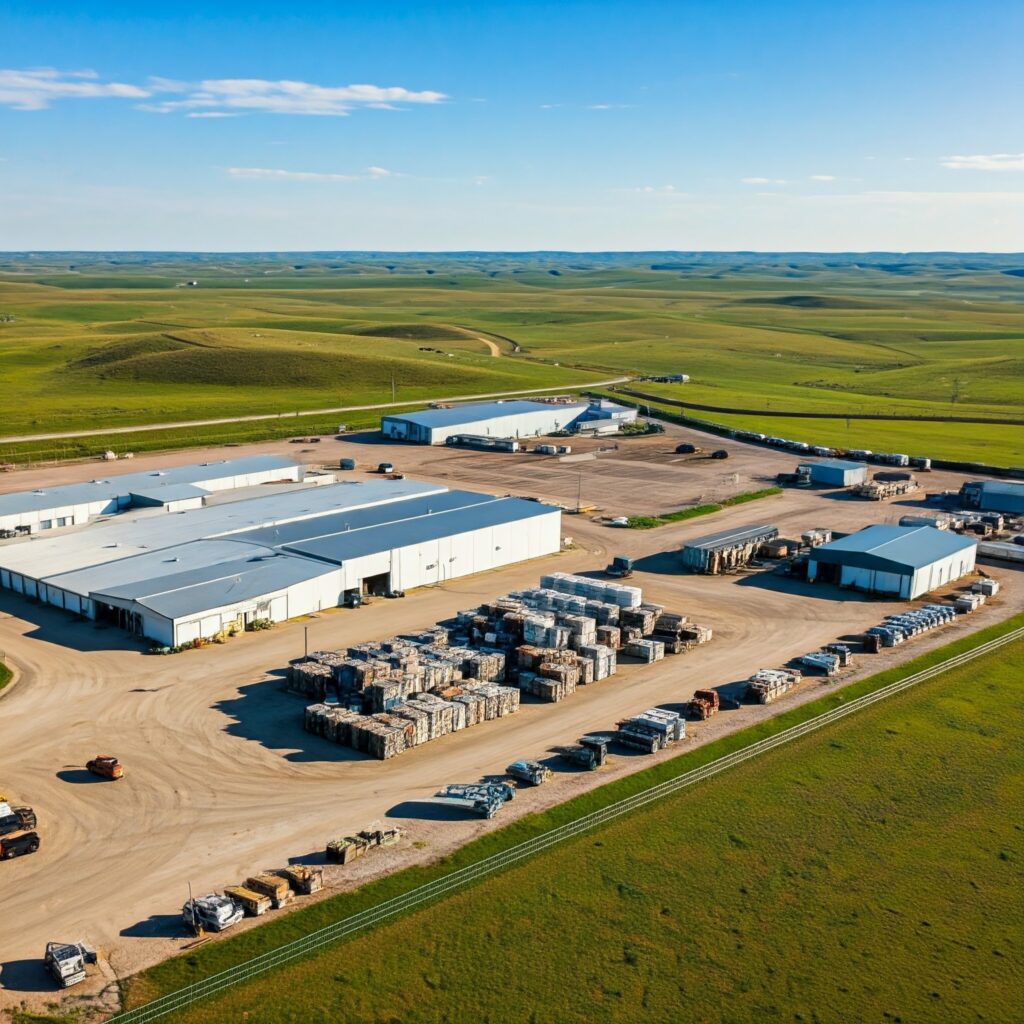Living an eco-friendly lifestyle has never been more important. With increasing environmental concerns, recycling plays a vital role in reducing waste and conserving resources. In Massachusetts, recycling centers are at the forefront of sustainability, providing residents with accessible, efficient, and eco-conscious waste management solutions. Whether you’re recycling household items, electronics, or hazardous materials, these centers make it easy to do your part for the planet.
This article will guide you through everything you need to know about recycling center in Massachusetts, including their benefits, services, and tips for maximizing your recycling efforts.
Why Recycling Matters
1. Reduces Landfill Waste
Recycling diverts waste from overcrowded landfills, reducing environmental pollution and conserving space for non-recyclable materials.
2. Conserves Natural Resources
By recycling materials like paper, glass, and metals, we reduce the need for raw resources, helping preserve forests, minerals, and water supplies.
3. Reduces Energy Usage
Producing items from recycled materials uses significantly less energy compared to manufacturing from raw materials, lowering greenhouse gas emissions.
4. Supports Local Economies
Recycling programs create jobs in sorting, processing, and repurposing waste, benefiting local communities economically.
Recycling in Massachusetts: An Overview
Massachusetts has a robust recycling program driven by state policies, local initiatives, and community participation. The Massachusetts Department of Environmental Protection (MassDEP) oversees these programs, offering residents guidelines and resources for effective recycling.
The state follows a comprehensive plan, including single-stream recycling, hazardous waste collection, and organic composting. Additionally, many cities and towns provide curbside pickup, making recycling convenient for households.
What Can You Recycle at Massachusetts Recycling Centers?
1. Common Household Recyclables
Most recycling centers in Massachusetts accept everyday items such as:
- Paper and Cardboard: Newspapers, magazines, cereal boxes, and corrugated cardboard.
- Plastics: Bottles, containers, and packaging labeled #1 through #7.
- Glass: Clear, green, and brown glass bottles and jars.
- Metals: Aluminum cans, tin cans, and foil.
2. Electronics
Electronics, or “e-waste,” require special handling due to their hazardous components. Recycling centers accept items like:
- Computers and laptops
- Smartphones and tablets
- Televisions
- Printers and accessories
3. Hazardous Materials
Many recycling centers safely dispose of hazardous waste, such as:
- Paints and solvents
- Batteries (car and household)
- Lightbulbs
- Motor oil and antifreeze
4. Organic Waste
Composting is encouraged in Massachusetts, with centers accepting:
- Food scraps
- Yard waste
- Biodegradable materials
Top Recycling Centers in Massachusetts
1. Boston Recycling Center
Located in the heart of the city, this center provides convenient drop-off services for common recyclables, electronics, and household hazardous waste.
2. Republic Services Recycling Center, Springfield
Offering single-stream recycling, this facility simplifies waste sorting and processes a wide range of materials efficiently.
3. Worcester Regional Recycling Center
Specializing in e-waste and bulk item recycling, this center is ideal for disposing of large or outdated electronic devices.
4. Cambridge Recycling Drop-Off Center
A community-driven facility, it focuses on sustainability through innovative programs like textile recycling and composting.
Benefits of Using Recycling Centers
1. Accessibility
Recycling center in Massachusetts are strategically located across cities and towns, ensuring residents have easy access to their services.
2. Specialized Recycling Services
From hazardous materials to electronics, these centers handle items that curbside programs might not accept.
3. Educational Resources
Many recycling centers offer workshops and educational materials to teach residents how to recycle correctly and reduce waste.
4. Contribution to a Circular Economy
By recycling at these centers, you’re helping create a system where materials are reused, reducing the demand for virgin resources.
Tips for Recycling Like a Pro in Massachusetts
1. Check Local Guidelines
Each city or town may have specific recycling rules, so check your local guidelines to avoid contamination.
2. Rinse and Clean Recyclables
Dirty items, like food-contaminated plastics or greasy pizza boxes, can ruin entire batches of recycling.
3. Avoid Plastic Bags
Plastic bags can clog machinery at recycling facilities. Instead, drop them off at designated collection points, such as grocery stores.
4. Separate Hazardous Waste
Never mix hazardous materials with regular recyclables. Take them to a designated hazardous waste collection event or recycling center.
5. Compost Organic Waste
Instead of throwing food scraps in the trash, compost them to create nutrient-rich soil for gardens and landscaping.
The Role of Technology in Massachusetts Recycling
Recycling center in Massachusetts are leveraging technology to improve efficiency and sustainability. Innovations like AI-driven sorting machines, mobile apps for tracking recyclable pickups, and waste-to-energy programs are transforming how the state manages waste. These advancements ensure that more materials are recycled while minimizing environmental impact.
Conclusion
Recycling center in Massachusetts are more than just drop-off locations; they’re essential pillars of the state’s commitment to sustainability. By utilizing these centers, residents can significantly reduce their environmental footprint, support local economies, and contribute to a greener future. Whether you’re an eco-conscious veteran or just starting your recycling journey, Massachusetts makes it easier than ever to live an eco-friendly lifestyle.
FAQs
- What materials can I recycle at Massachusetts recycling centers?
You can recycle paper, cardboard, plastics, metals, glass, electronics, hazardous waste, and organic materials. - Do all recycling centers accept hazardous waste?
No, only specific centers handle hazardous materials. Check with your local facility for details. - Are recycling services free in Massachusetts?
Most centers offer free services for basic recyclables, but some may charge for specific items like electronics or bulk waste. - How do I prepare items for recycling?
Rinse and clean recyclables, remove lids from bottles, and separate materials according to local guidelines. - Can I recycle electronics at any center?
Not all centers accept electronics. Look for specialized e-waste facilities or events in your area.



